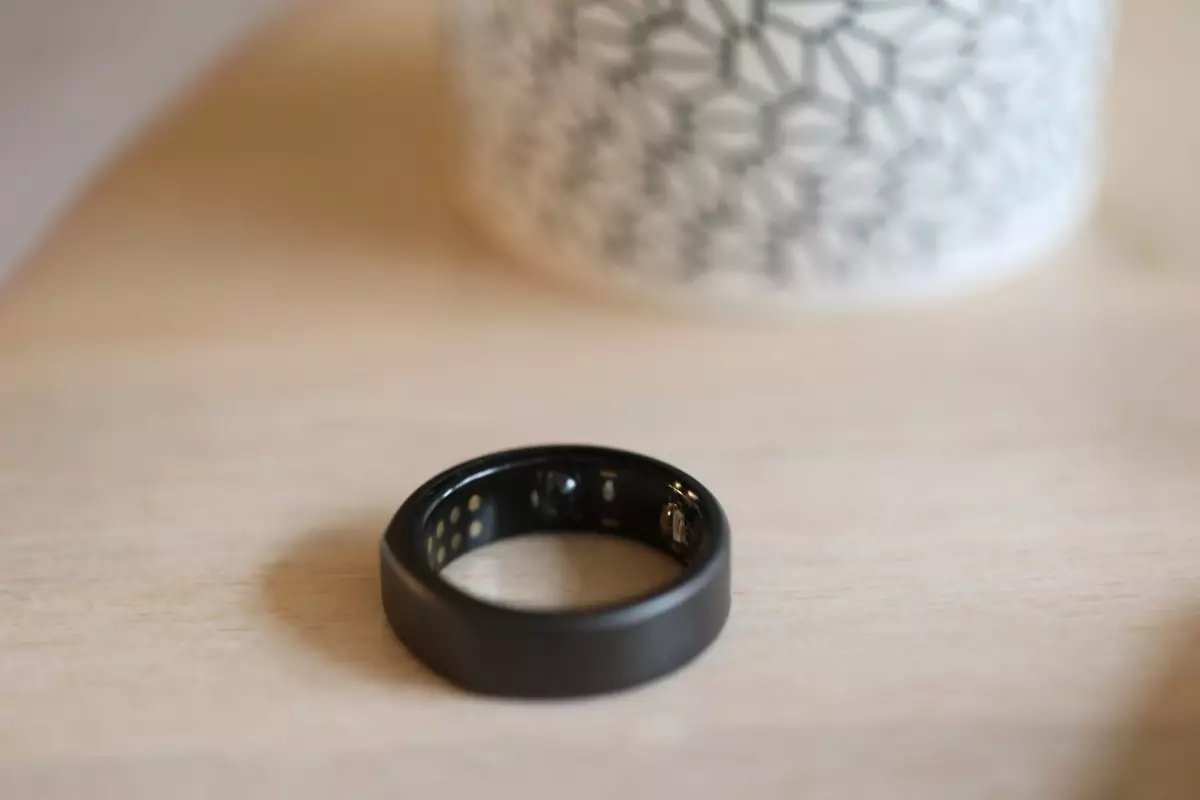In a significant move that could reshape the landscape of personal health monitoring, Oura Health has reportedly set the stage for the launch of its highly anticipated Oura Ring 4. While tech enthusiasts eagerly await this latest iteration of the sleep and health tracking device, Oura has made headlines with another pivotal announcement—the acquisition of Helsinki-based startup Veri, developers of a groundbreaking metabolic health platform. This decision not only signifies Oura’s intent to expand its product offerings but also reflects broader industry trends in health technology.
The acquisition of Veri comes at a fascinating time, particularly in light of recent developments in the monitoring of metabolic health. The FDA’s recent embrace of over-the-counter continuous glucose monitors—their clearance expected to transform how Americans prioritize personal health—sets a promising backdrop for Oura’s acquisition. This new approach to health tracking empowers individuals to take an active role in managing their blood sugar levels, a critical aspect of overall metabolic health.
Veri has positioned itself as more than just a blood sugar monitoring tool; its platform aims to offer users insights that help stabilize blood sugar levels, guiding them towards informed dietary and lifestyle choices. Oura’s CEO, Tom Hale, underscores this notion, revealing that a significant 97% of Oura users expressed a keen interest in understanding the relationship between their nutrition and overall health. With this acquisition, Oura seeks to enhance its health suite, potentially integrating Veri’s insights and guidance into its existing framework.
The acquisition also illustrates the competitive atmosphere within the health tech sector. Recent introductions by competitors like Dexcom and Abbott Laboratories, with innovative products such as the Stelo and the $49 Lingo device, have amplified the urgency for Oura to stay relevant. These introductions trigger an industry-wide pivot towards more accessible health monitoring solutions, emphasizing the necessity for companies to innovate continually and remain agile. Oura’s strategic move to assimilate Veri complements this trend by diversifying its product line, thereby meeting customer demand for more comprehensive health insights.
More intriguingly, Oura’s decision comes shortly after the introduction of a glucose monitoring patch by another competitor, Ultrahuman, hinting at a growing market determination for real-time health metrics. These developments inform a competitive backdrop that is pulsating with activity, making Oura’s acquisition a timely and strategic investment in its future.
Integration Challenges Ahead
Despite the excitement surrounding the acquisition, several questions loom regarding the specifics of how Veri’s offerings will mesh with Oura’s existing products. Hale remains somewhat vague, stating only that Veri’s platform will transition into Oura’s health suite. Yet, this raises inquiries about the fate of dedicated Veri users. Will they be required to switch to Oura’s ring for continued access? While the integration of two distinct health technologies is promising, it also brings integration challenges that Oura will need to address carefully.
Additionally, the future of the Veri brand itself is uncertain, with plans in place to phase it out by the end of 2024. This move may alienate existing Veri users who have developed loyalty to its platform. Maintaining the existing user base while migrating them over to Oura’s ecosystem will be a delicate balance to strike and could impact user acquisition moving forward.
Oura’s ambition does not stop with the integration of Veri’s metabolic monitoring capabilities. Hale expresses curiosities about the potential for incorporating continuous glucose monitoring directly into the Oura Ring in the future. While he describes this as a somewhat distant dream, the possibility indicates a drive toward innovation. The potential for non-invasive glucose detection could revolutionize how health data is tracked and interpreted, aligning with the company’s goal to guide users in understanding the nexus between glucose levels and individual health.
As Oura navigates through these changes, it is clear that the future of health tracking is poised for a profound transformation, particularly through advancements in both wearable technology and metabolic health awareness. The recent acquisition underlines an essential narrative in the health tech space: the necessity of evolving responses to consumer interest and demand in a competitive landscape.
Oura’s acquisition of Veri has the potential to enhance its offerings and conserve its position at the forefront of health monitoring technology. However, success will depend on effective integration, user retention strategies, and ongoing innovations that continue to put consumer health insights at the forefront of their mission.

